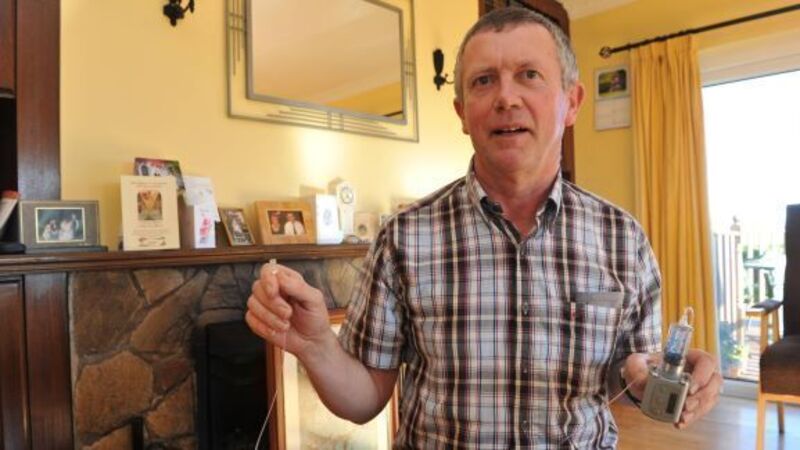Step by step: living with Parkinson’s

Yesterday, Curtin was a participant in World Parkinson’s Awareness Day, hosting, with his wife, a six-hour coffee morning at their home in Castlemartyr, offering advice and support to other sufferers and families.
“I think it is important that you learn to live with the disease. There is an active support system in the Parkinson’s Association of Ireland,” he says.











